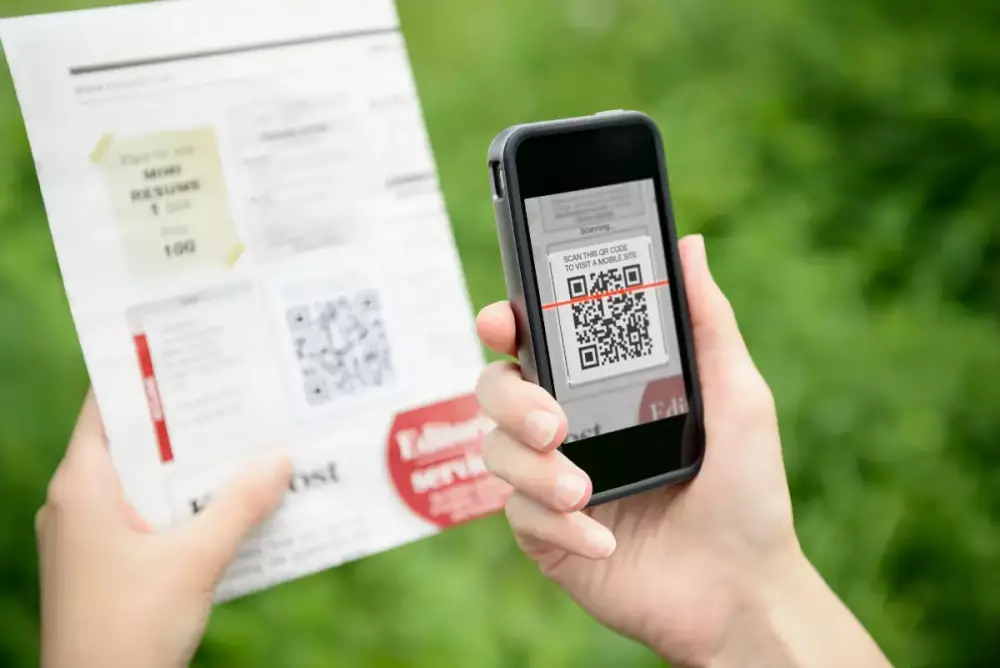In today's rapidly advancing digital age,QR codes have emerged as a versatile tool with numerous applications across various industries. Beyond their convenience and efficiency, QR codes also play a vital role in environmental conservation.
why QR codes are essential for protecting the environment, highlighting their contributions to sustainable practices, waste reduction, eco-friendly consumer choices, and enhanced information accessibility ?
Sustainable Practices and Paperless Solutions
QR codes enable organizations to embrace sustainable practices by minimizing the need for paper-based systems. By utilizing QR codes for digital transactions, electronic receipts, and document sharing, businesses can significantly reduce paper waste, thereby conserving valuable resources, minimizing deforestation, and decreasing carbon emissions associated with paper production and disposal.
Waste Reduction through Smart Packaging
QR codes on product packaging can provide valuable information about recycling and proper disposal methods. Consumers can scan these codes to access instructions on recycling, composting, or donating items, leading to more informed waste management practices. By promoting responsible disposal and reducing contamination in waste streams, QR codes contribute to minimizing landfill waste and supporting a circular economy.
Sustainable Supply Chain Management
QR codes offer opportunities for greater transparency and accountability within supply chains. By incorporating QR codes on product labels, consumers can scan them to access information about the product's origins, manufacturing processes, and sustainability certifications. This encourages businesses to adopt sustainable practices, promotes eco-friendly sourcing, and empowers consumers to make informed choices aligned with their environmental values.
Enhancing Product Information and Consumer Awareness
QR codes provide a platform for sharing comprehensive product information, enabling consumers to make informed purchasing decisions. Scanning QR codes on products can provide access to detailed specifications, ingredient lists, ethical certifications, and environmental impact assessments. This enhanced product transparency empowers consumers to support environmentally friendly brands and make choices that align with their sustainability goals.
Promoting Eco-Friendly Transportation
QR codes can facilitate the adoption of sustainable transportation options. By incorporating QR codes in public transportation systems, users can easily access real-time information on routes, schedules, and alternative transportation options. This promotes the use of public transport, carpooling, and cycling, reducing individual carbon footprints and congestion on the roads.
Education and Awareness Campaigns
QR codes are powerful tools for raising awareness and educating the public about environmental issues. Organizations can integrate QR codes into educational materials, brochures, and signage to provide instant access to multimedia content, such as videos, articles, and interactive learning experiences. This engages and empowers individuals to understand and take action on environmental challenges.




